
If you kiss a deceased loved one, you should know that it causes ...
The instinct to kiss a deceased loved one before burial or cremation is powerful and deeply emotional. For many people, that final gesture feels like an essential expression of love, closure, and respect. Yet health experts caution against this practice, warning that physical contact with a dead body—especially kissing the face—may carry avoidable health risks.
Although touching or kissing the deceased is a familiar custom in many cultures, including those across the Middle East, Africa, and the Indian Subcontinent, infectious-disease specialists emphasize that the tradition can be dangerous when the cause of death involves a transmissible infection. The intention may be loving, but the risk can be real.
Why Health Authorities Warn Against Close Contact
The World Health Organization has long advised the public to be careful around the bodies of individuals who died from infectious diseases such as tuberculosis, hepatitis, Covid-19, meningitis, and various haemorrhagic fevers.
Depending on the illness and how long the person was sick, pathogens can remain on the skin, in bodily fluids, and within the respiratory tract for a period of time after death. While the deceased can no longer spread infection through breathing, microorganisms on the surface of the body may still pose a threat if touched or contacted with the eyes, nose, or mouth.
In the UAE—where families often gather closely around the deceased, particularly in moments of shared grief—doctors say greater awareness is needed. This is especially true when a loved one passes away in a hospital or during outbreaks, when the cause of death can involve infectious agents.
A US-based infectious disease specialist explains that certain viruses and bacteria can survive for hours or, in some cases, days after death.
He notes that touching or kissing the face, eyes, or mouth of the deceased before the body has been properly sanitised or prepared increases the risk of exposure.
Cultural Traditions and Evolving Religious Guidance
In Islamic tradition, showing respect to the dead is of deep spiritual significance. Ritual washing and preparation of the body are performed with care, dignity, and devotion. However, scholars and clerics have increasingly adapted their guidance to align with modern medical knowledge—particularly in the aftermath of global health emergencies like the Covid-19 pandemic.
Many religious authorities now advise families to avoid close physical contact until trained personnel have washed, disinfected, and shrouded the body under hygienic conditions. This approach balances religious honour with protection for the living.
During the Covid-19 outbreak, public health agencies across the Gulf region enforced strict protocols around body handling. Physical contact with the deceased was temporarily prohibited, bringing widespread awareness of post-mortem infection risks and reinforcing the importance of safe rituals.
Lessons From Past Outbreaks
Experiences from Africa and parts of the Middle East have further demonstrated the dangers of handling bodies without proper precautions. During outbreaks of Ebola and Marburg viruses, corpses remained highly infectious, prompting governments to deploy specialised burial teams trained to prevent viral transmission.
These events offered a painful but critical reminder: even after death, certain pathogens retain the ability to infect anyone who touches the body without protective measures. The emotional desire to hold or kiss a loved one must be balanced with realistic assessments of risk.
Modern Safety Measures and Practical Guidance
Experts note that modern mortuary services—when applied correctly—significantly reduce the risk of infection. The processes of disinfecting, washing, shrouding, and preparing the deceased are designed to protect both family members and the wider community.
Still, when families choose to participate in washing or preparation rituals, health professionals encourage them to:
-
wear disposable gloves,
-
avoid direct contact with bodily fluids,
-
limit contact with the face, and
-
follow the instructions of trained staff.
These steps preserve both dignity and safety.
Grief, Love, and Informed Caution
The emotional urge to kiss a loved one goodbye is deeply human and entirely understandable. It reflects love, longing, and the desire for closeness at a moment of profound loss. Nevertheless, doctors and public health experts emphasize that informed caution can prevent further heartbreak by protecting those who remain.
By honouring cultural and religious traditions while embracing medical advice, families can safeguard their health and still pay meaningful respect to the deceased. In this balance between love and precaution, communities can preserve both compassion and safety—ensuring that the living are protected as they mourn and remember.
News in the same category


3 flowers that make snakes tremble with fear — beautiful and safe to plant around your home

Meet Jonathan: The 192-Year-Old Tortoise Who Has Witnessed History and Continues to Inspire
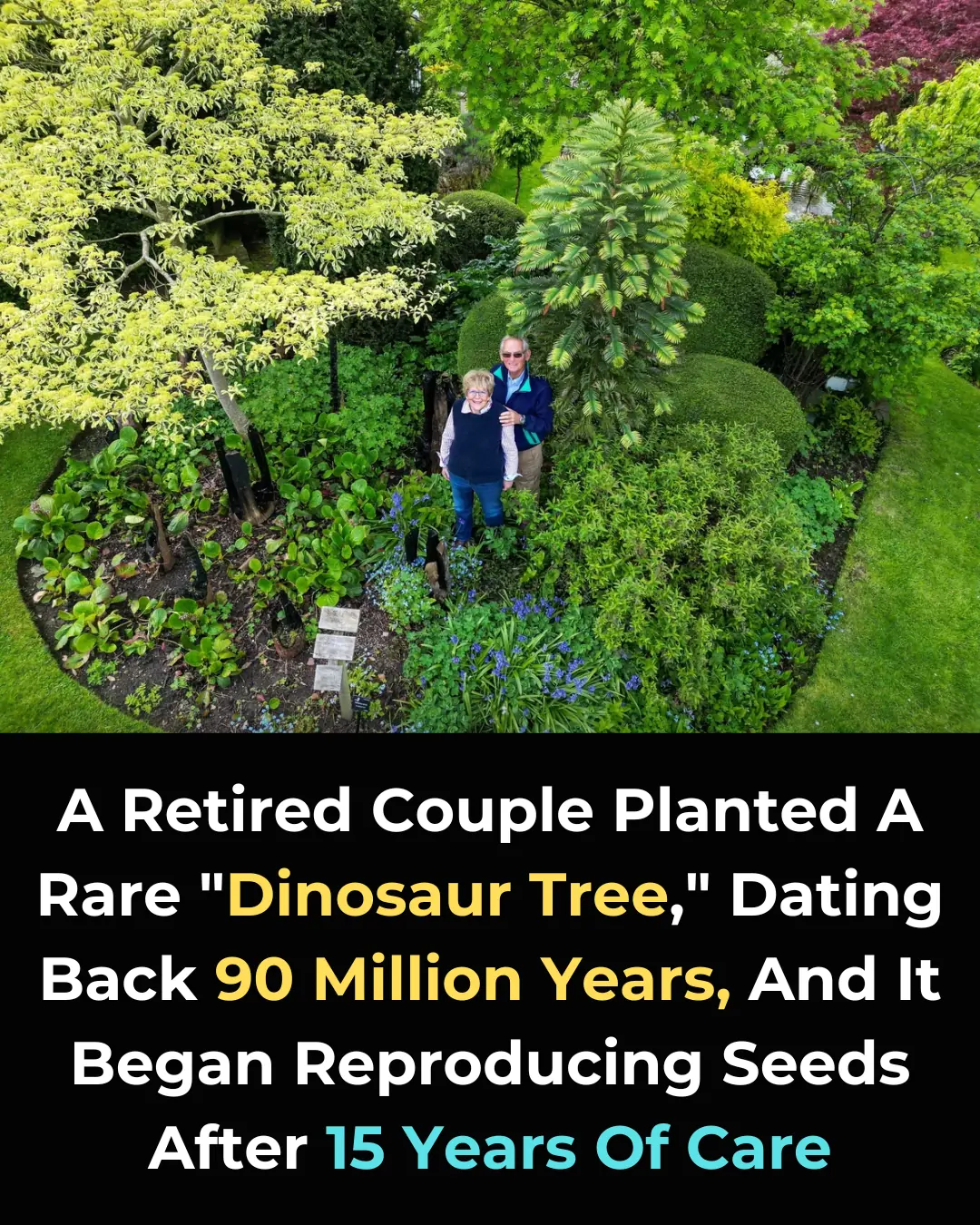
Retired Couple in UK Successfully Nurtures 90-Million-Year-Old Wollemi Pine, Leading to Its First Reproduction Outside Australia

Stem Cell Therapy for Type 1 Diabetes Shows Promise in Human Clinical Trials
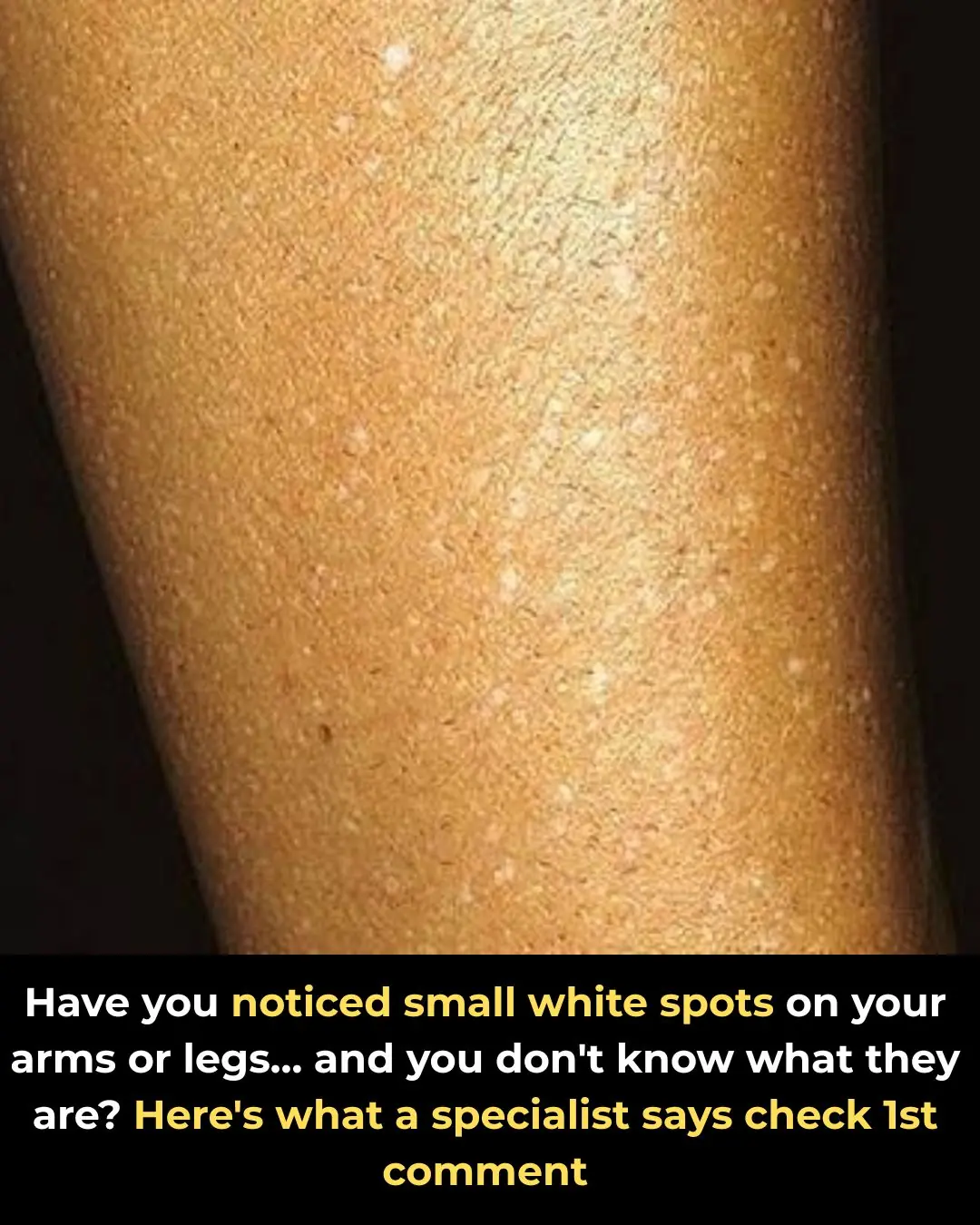
Have you noticed small white spots on your arms or legs… and you don't know what they are?
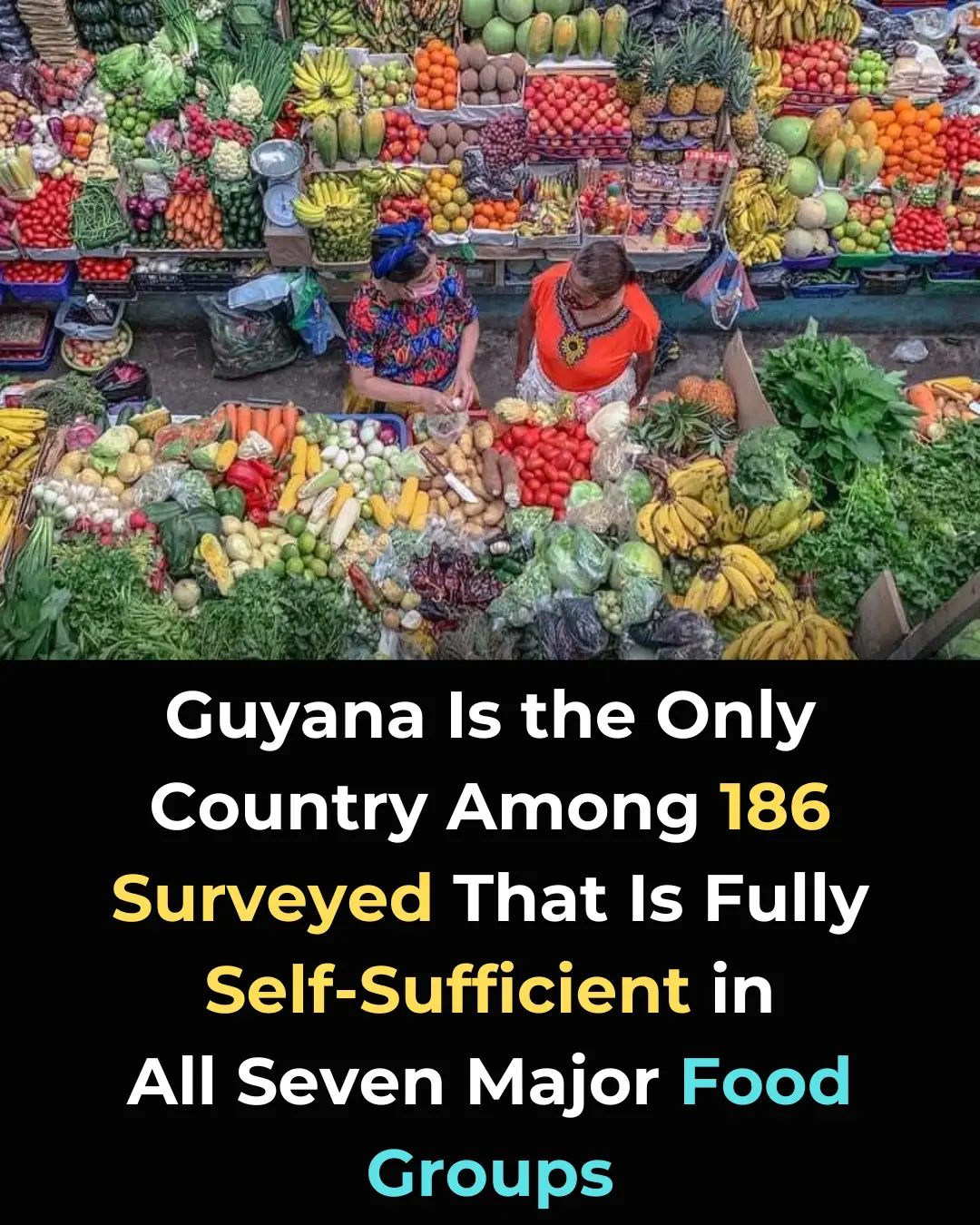
How Guyana Became the Only Nation Fully Self-Sufficient in All Seven Major Food Groups

Donald Trump's new scarf leaves everyone saying the same thing

Scientists May Have Just Found a Breakthrough Hair-Loss Treatment

Genetic Evidence Links Icelanders to Native Americans, Suggesting Viking Contact with the Americas

Vietnam Approves Russian-Made Cancer Immunotherapy ‘Pembroria’ for Multiple Cancer Types

Hayli Gubbi Volcano Erupts in Ethiopia for First Time in 12,000 Years
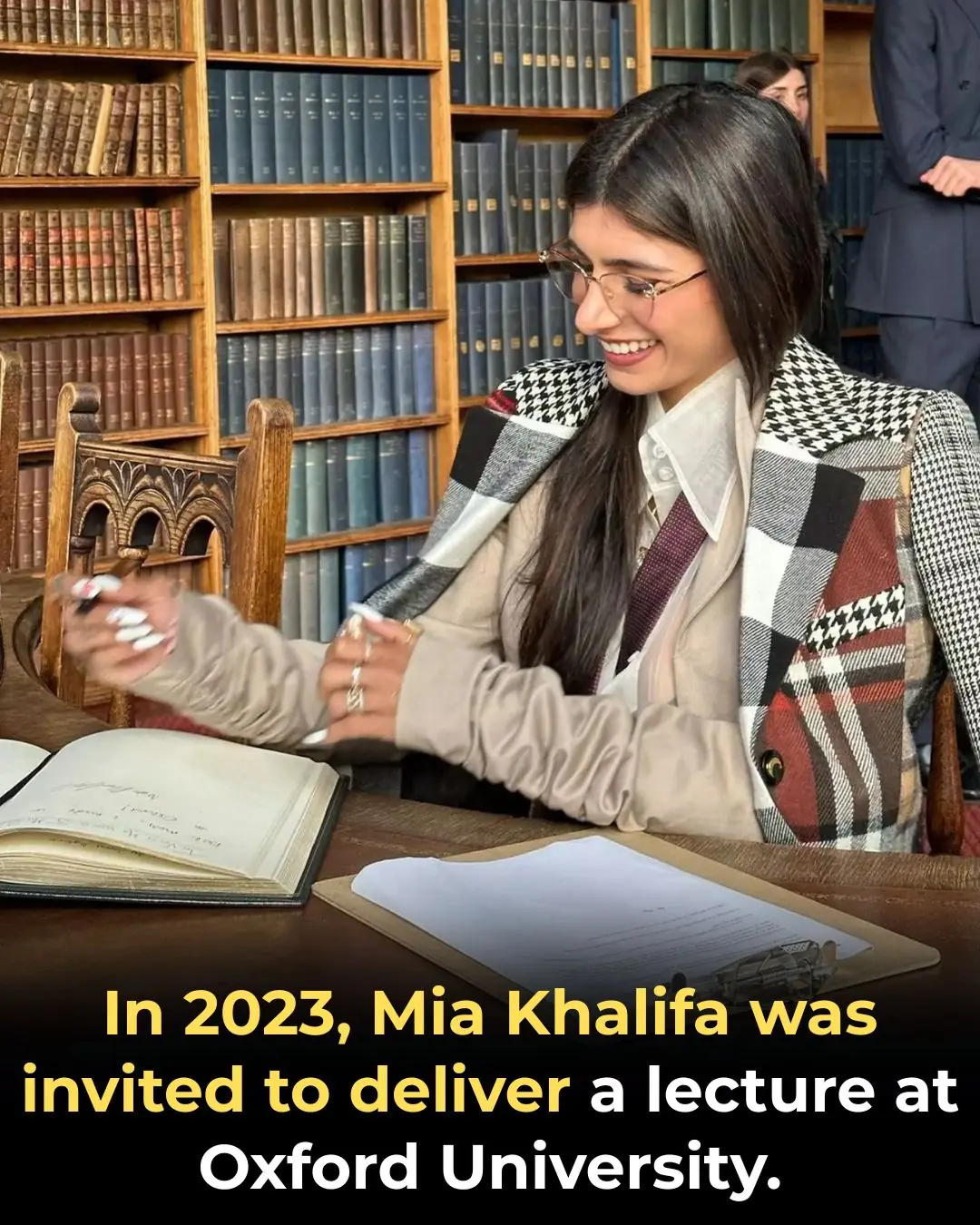
Mia Khalifa at Oxford: A Controversial Talk on Redemption, Reinvention, and Second Chances

Breaking Bob: How a 75-Year-Old Turned a Five-Minute Smoke Break into a Viral NYC Spectacle

The Night Google.com Was Accidentally Sold for $12: A Story of Integrity and Goodwill
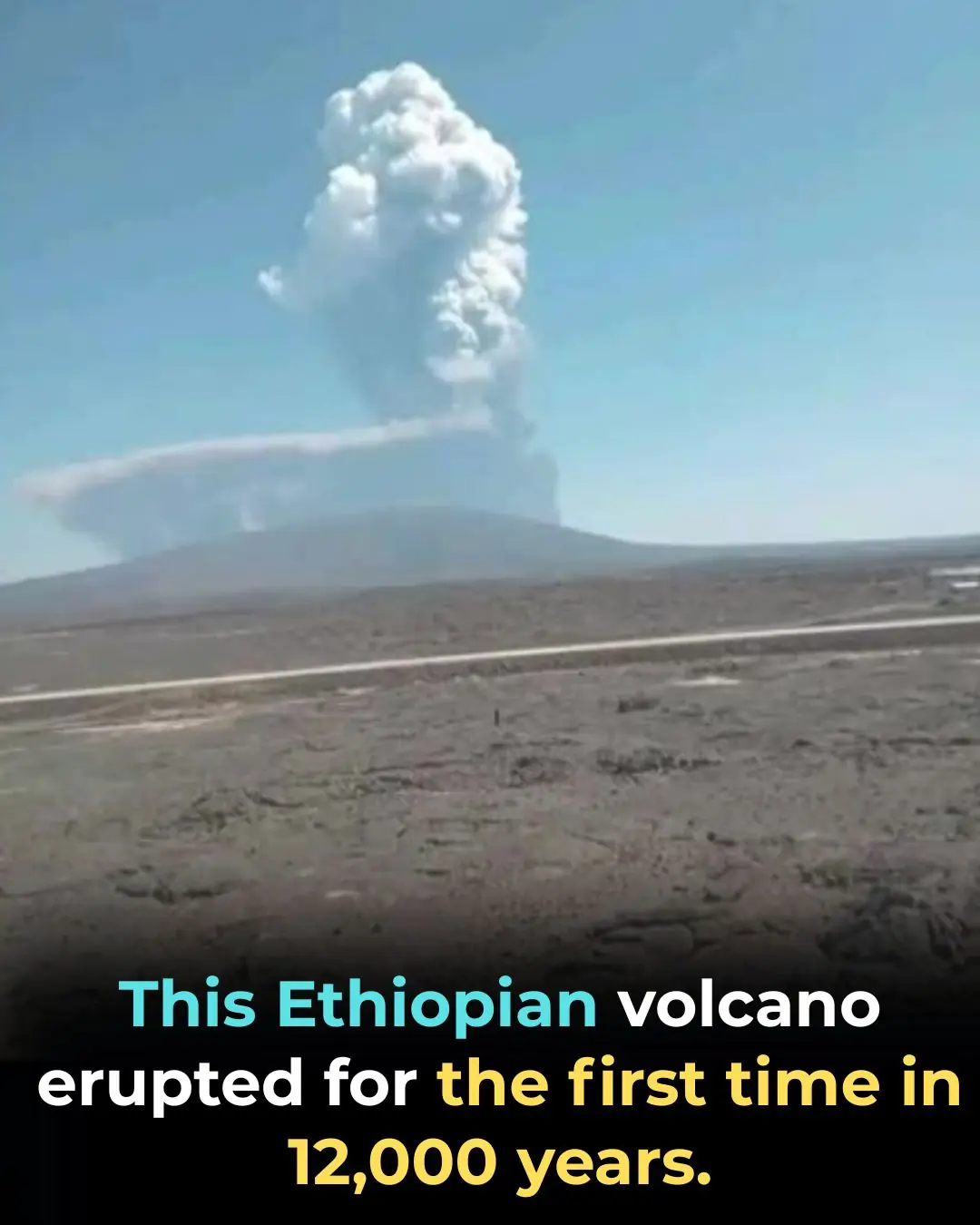
After 12 Millennia of Silence, Ethiopia’s Hayli Gubbi Volcano Erupts Dramatically

When a Woman Bites Her Lip While Staring at You, It Means She Is ...

How Europe Says "Street": A Multilingual Journey Through Language and Culture
News Post
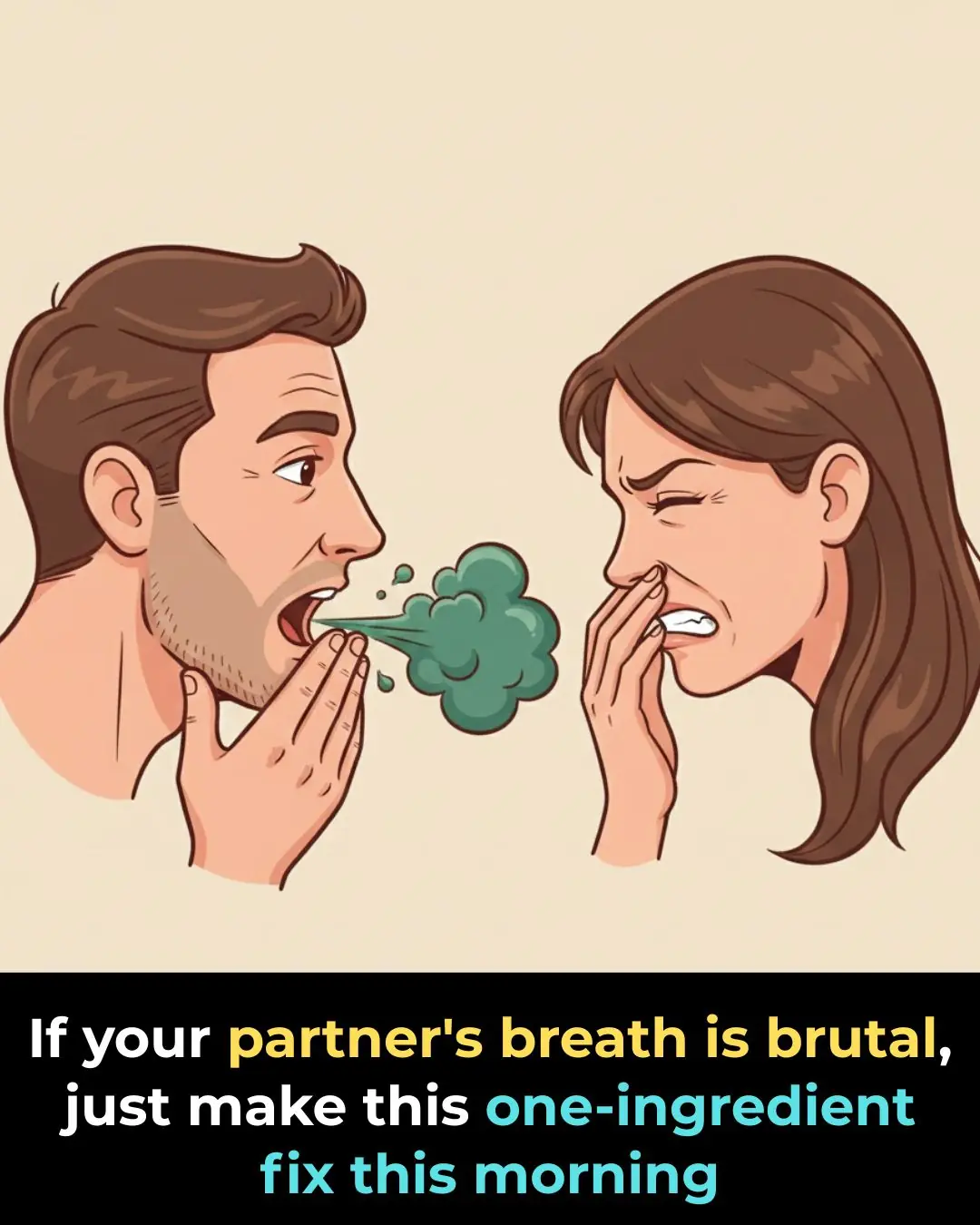
How to Get Rid of Bad Breath (Halitosis): Scientifically Proven Home Remedies
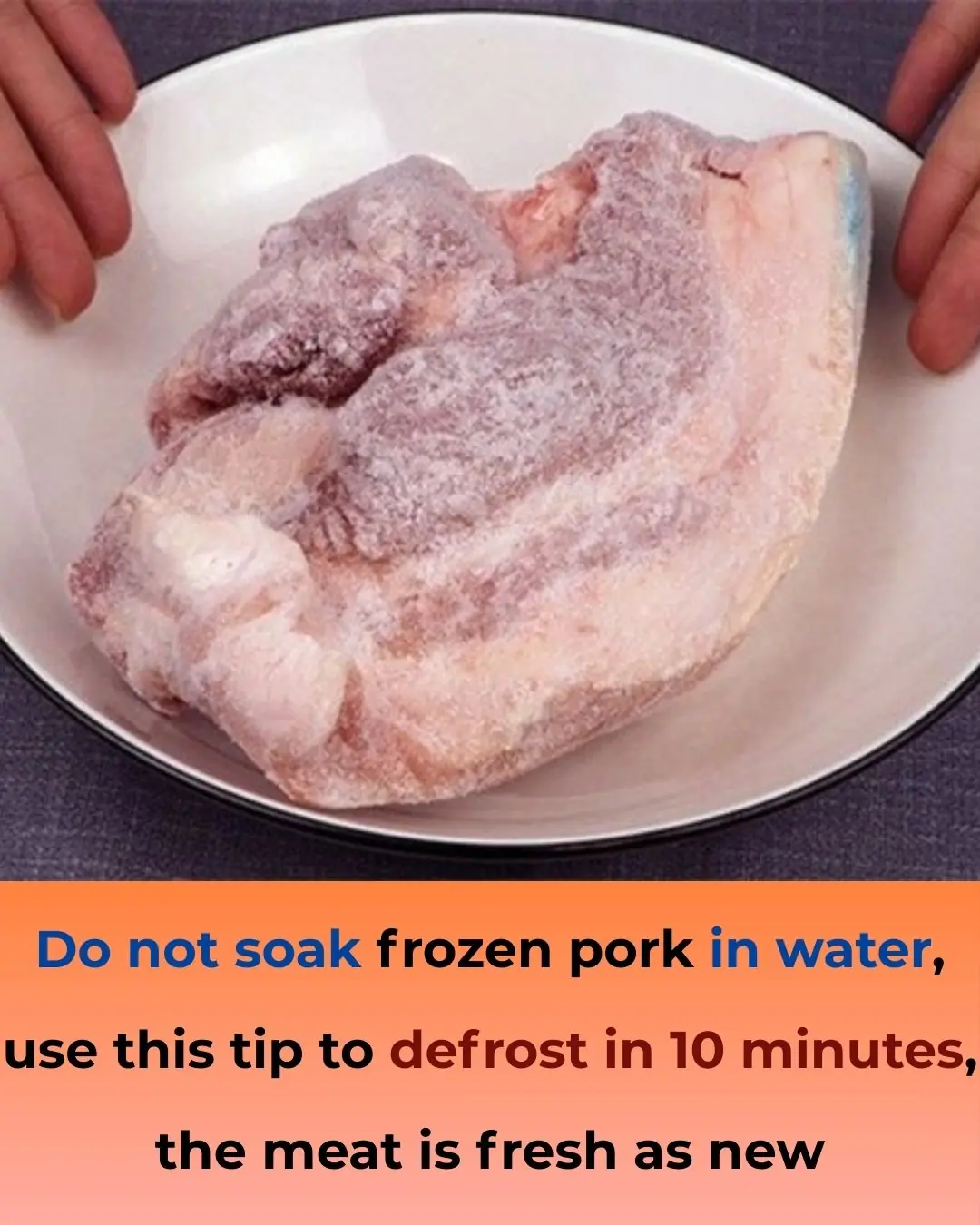
Frozen Pork? Don’t Soak It in Water! Use This Trick to Thaw in 10 Minutes and Keep It Fresh
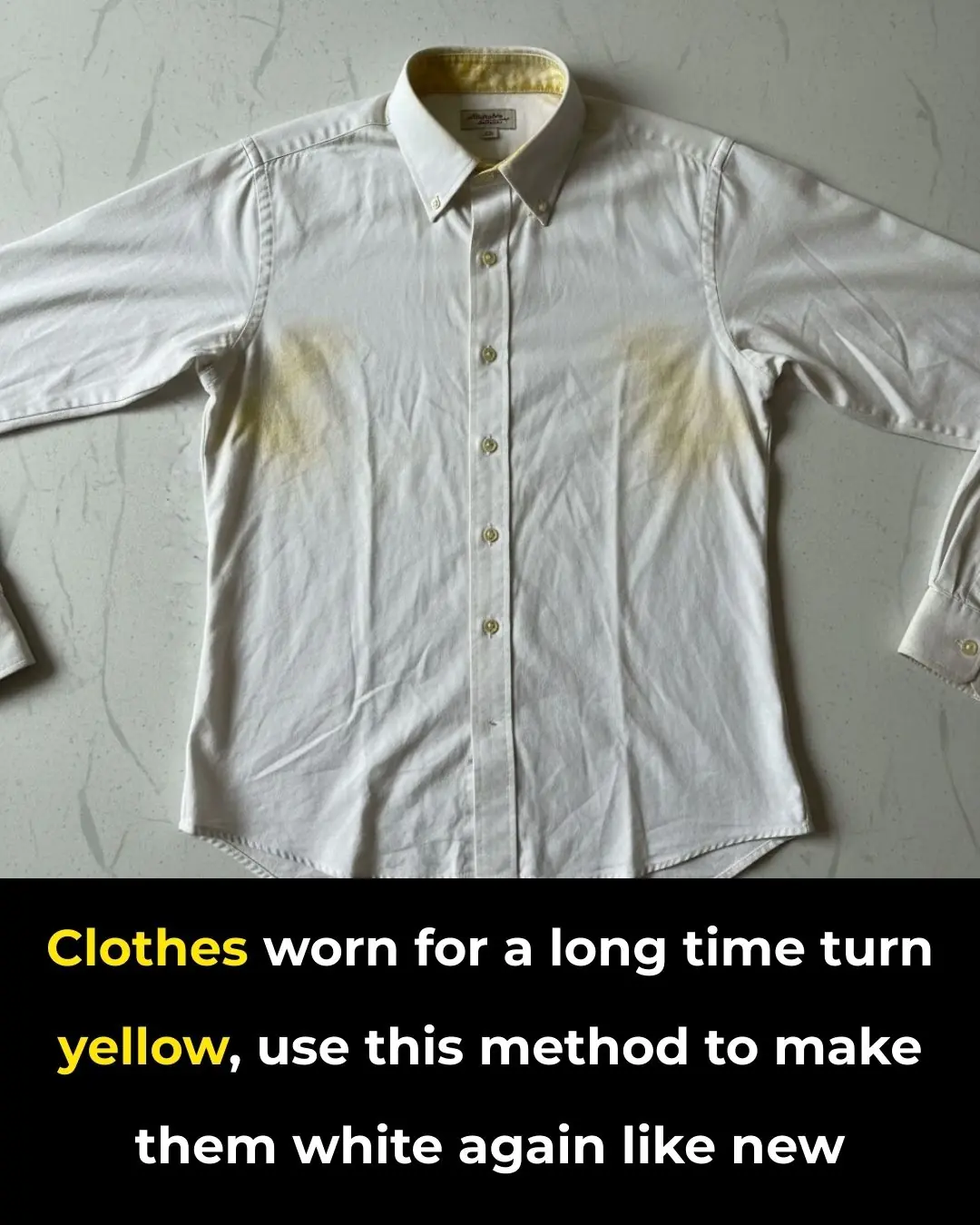
Clothes Turning Yellow? This Simple Trick Will Make Them Bright White Again

Tried this the other day and it did wonders!
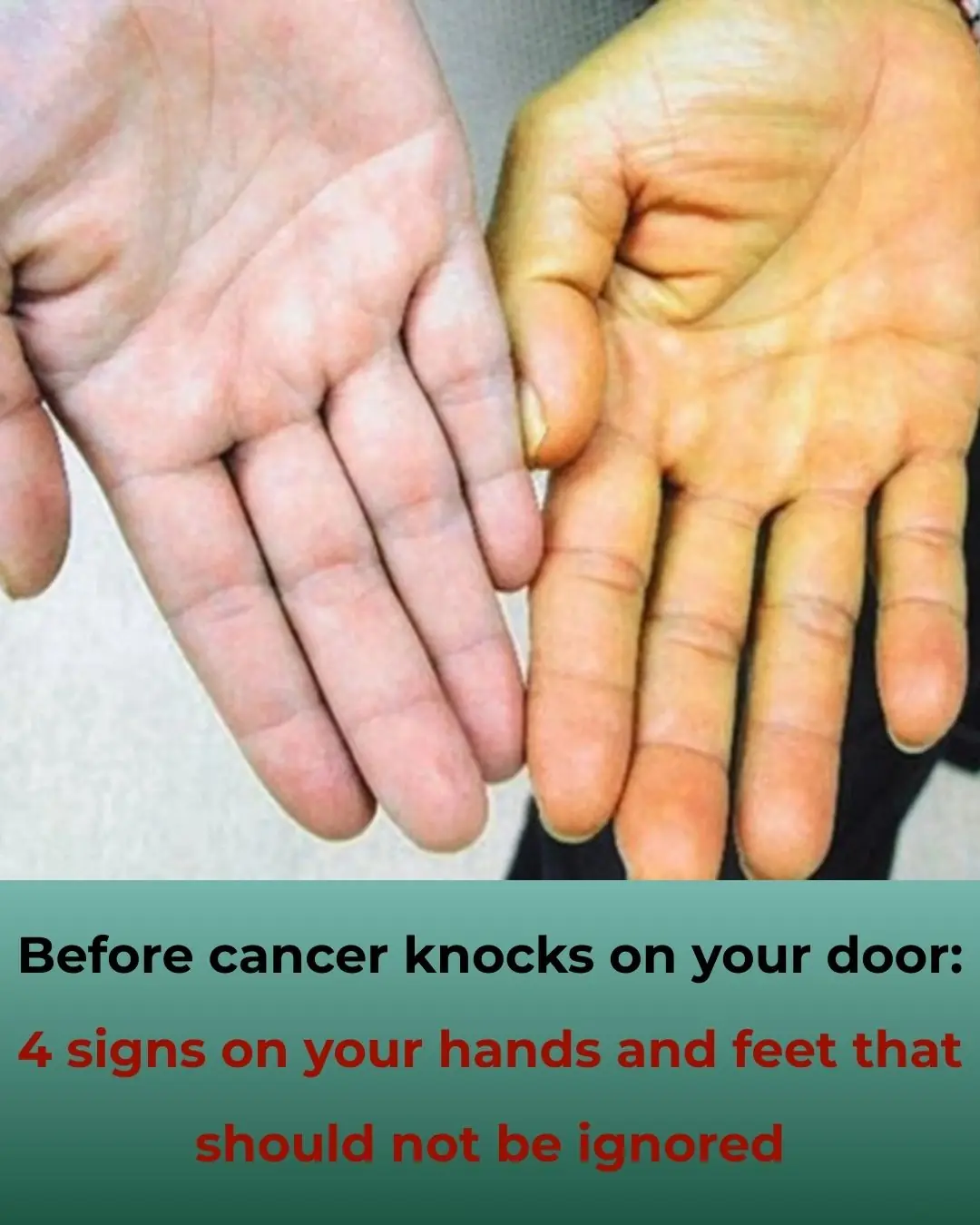
4 Warning Signs on Hands and Feet You Should Not Ignore Before Cancer Strikes

7 Drinks to Cleanse Phlegm, Boost Lung Health, and Combat Bacteria and Viruses

You are doing it all wrong. Here's the right way to store produce

How to Clean a Showerhead to Prevent Clogging: Simple Tips to Keep It Working Like New Without Spending on Replacements

The Health Benefits of Black Bean Soup with Chicken Feet: As Effective as Ginseng

Goodbye Cavities? A Future Where Teeth Heal Themselves May Be Closer Than We Think

Got High Blood Pressure? Try This 2-Ingredient Tea!

She Lost Half Her Brain — But Rebuilt an Entire Life

Bone Cancer: The Silent Destroyer That Strikes From Within

Put a drop of essential oil on clothes while soaking: "Special" use, not everyone knows how to apply it

Tips for using air conditioners, staying cool all day without worrying about skyrocketing electricity bills

How to stew delicious braised meat with Northern style, great to eat with rice in cold weather

10 ways to get rid of cockroaches from your home permanently, simple, safe and economical

How to fry delicious, crispy spring rolls that won't get soggy: Remember not to put them in boiling oil right away.
